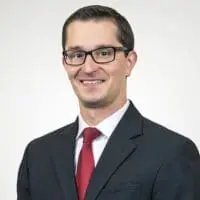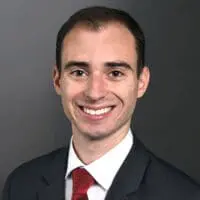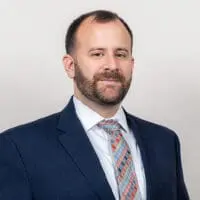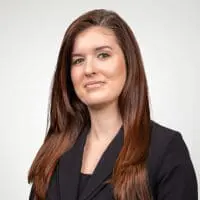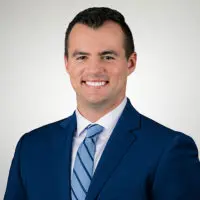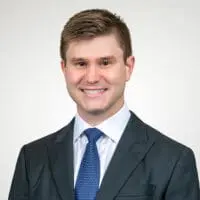SWIPLit
Federal Circuit Clarifies Venue Waiver After TC Heartland
The Federal Circuit issued guidance yesterday for district courts deciding venue challenges after the Supreme Court’s May 2017 decision in TC Heartland LLC v. Kraft Foods Group Brands LLC. In In re Micron Technology, Inc., the Federal Circuit granted Micron Technology, Inc.’s petition for a writ of mandamus, holding that TC Heartland “changed the controlling law” by making available a venue defense that was not “available” to patent infringement defendants prior to the Supreme Court’s decision.
In the wake of TC Heartland, Micron Technology moved to dismiss or transfer President and Fellows of Harvard College’s patent infringement suit pending in the District of Massachusetts. Micron Technology argued that venue was improper because the company is incorporated in Delaware, not Massachusetts as required under TC Heartland’s residency regime.
The district court denied Micron Technology’s motion, holding that Micron Technology waived its right to challenge venue by failing to include it in an earlier motion to dismiss. In doing so, the district court held that TC Heartland did not constitute a change in law sufficient to absolve Micron Technology of its failure to raise the defense earlier.
Recognizing that there has been “considerable litigation producing disparate results” after TC Heartland, the Federal Circuit held that TC Heartland represents a fundamental change in the controlling law established by the Federal Circuit’s 1990 decision in V.E. Holdings Corp. v. Johnson Gas Appliance Co. The result: defendants may raise defenses to patent infringement claims based on improper venue even if they failed to raise the defense in motions filed before TC Heartland. But the Federal Circuit left open the possibility that district courts can exercise their inherent authority to find waiver in certain circumstances, though the decision leaves unanswered numerous questions concerning the extent of permissible discretion.


